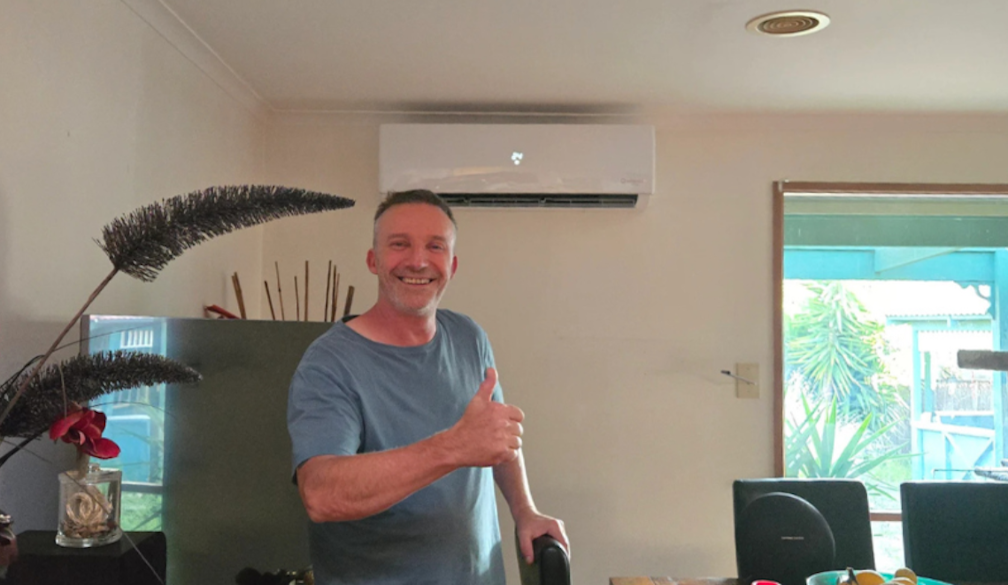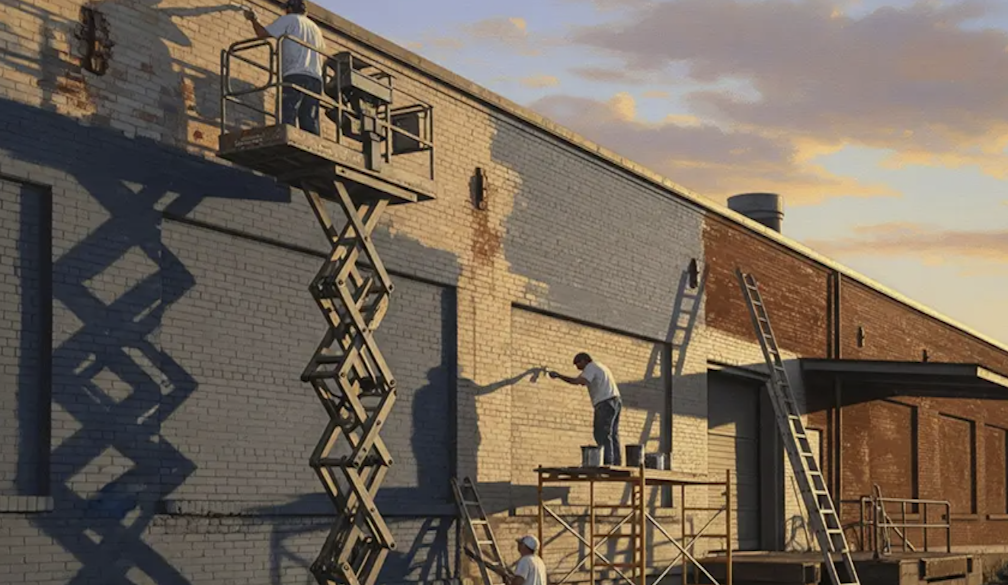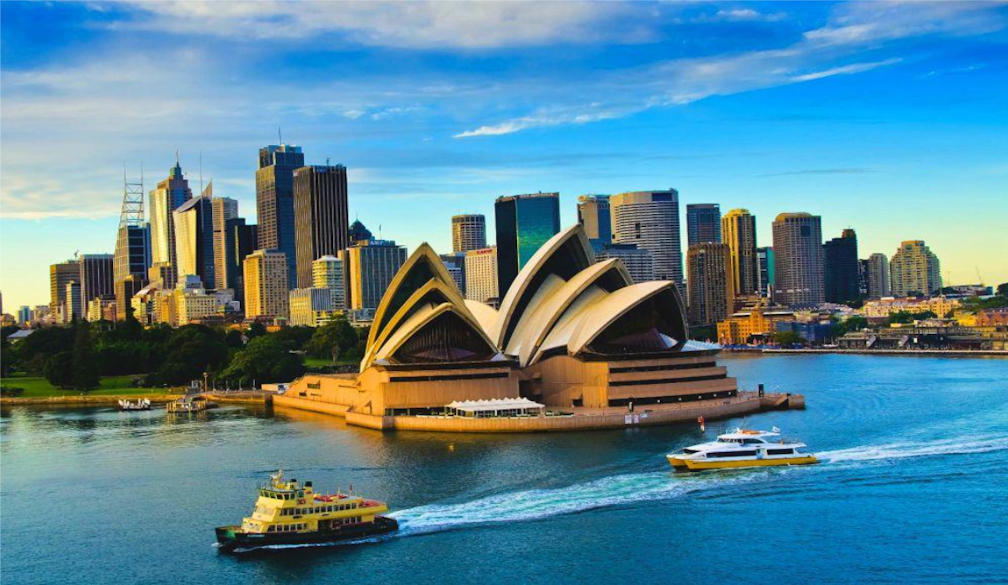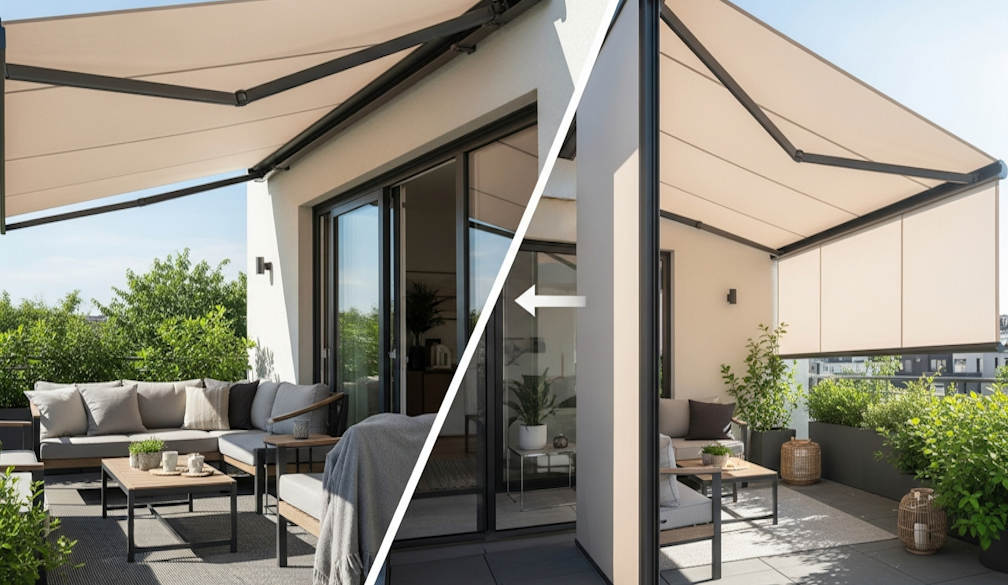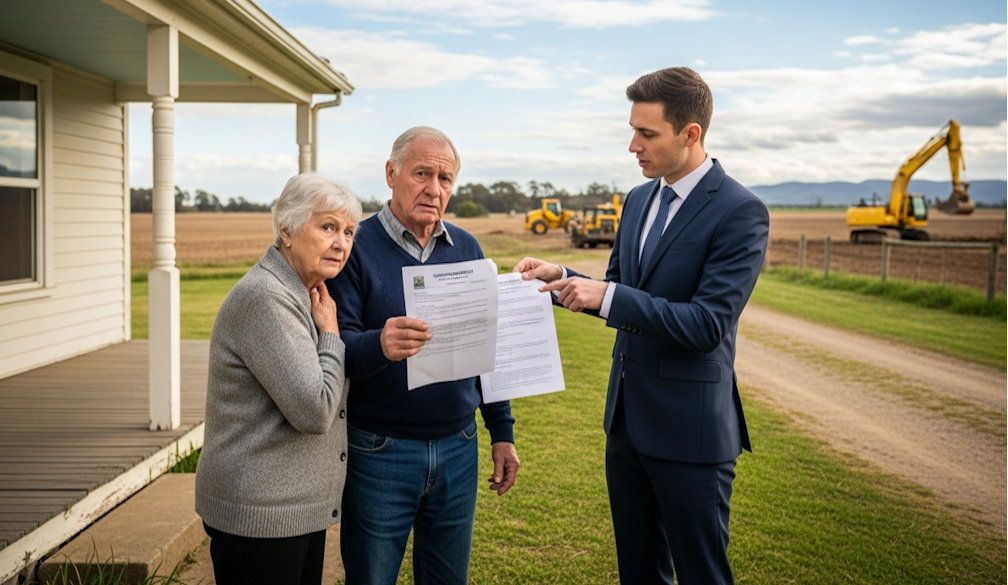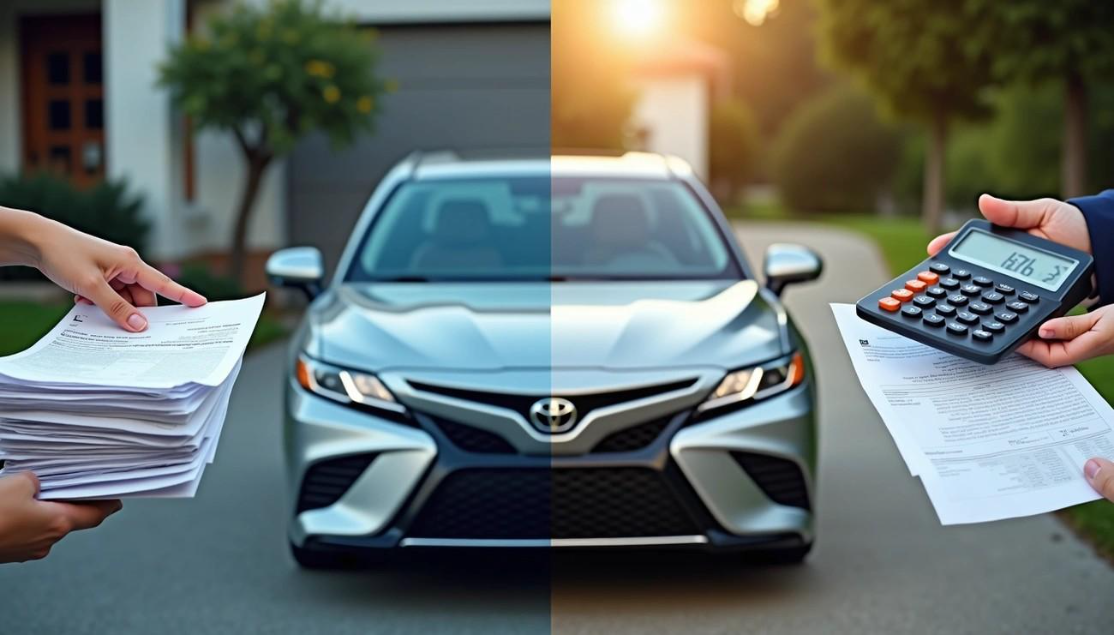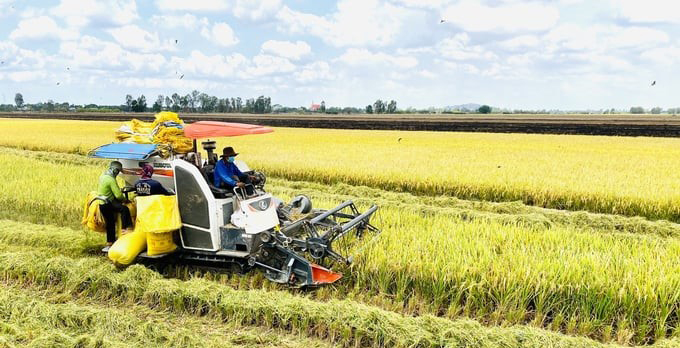
The rice industry is crucial for Vietnam's development, and helps provide livelihoods for dozen millions Vietnamese farmers.
Overcoming challenges from the past, Vietnam is one of the largest rice exporting countries with continuously increasing export turnover in the global markets, ranging from Europe, America to Africa and Asia. Vietnam's rice export turnover has increased from US$ 2.63 billion in 2020 to US$ 2.88 billion in 2021 and reached US$ 3.5 billion in 2022.
It is estimated that Vietnam will export approximately 8 million tons of rice, with a value of US$ 4.6 billion in 2023. In the context of natural disasters, disruption of global value chains and the threat of global food crisis, Vietnam continues to export rice, to be a reliable supplier, hence contributing to global food security.
The quality of Vietnamese rice has improved significantly, raising its reputation in important markets in the world. In 2023, the ST25 fragrant rice variety of Viet Nam won the World's Best Rice 2023 award at the International Rice Summit 2023, held in the Philippines from November 27 to December 1.
Vietnam has promoted proper research and application of rice farming and processing technologies to create the best rice quality while, taking into account environmental protection and sustainable development. This helps to bring about the trust of consumers, even in the high-end markets in the quality, safety and reliability of Vietnamese rice suppliers.
Sustainable development
Based on past achievements and the commitments in COP26, Vietnam promotes the rice industry towards high quality and low carbon emission.
On May 28, 2020, the Prime Minister of Vietnam issued the Decision No. 703/QD-TTg regarding the R&D programme to serve agricultural restructuring for the period 2021-2030. According to the Decision, the Ministry of Agriculture and Rural Development has coordinated with the local authorities to develop plans for paddy production and paddy land conversion, to adapt to climate change and increase productivity. MARD also issued the Program on restructuring the rice industry of Vietnam to 2025 and 2030 with the approach of gaining more from less, to increase the efficiency and sustainability of the sector. The program set up the consistent goals of increasing farmer income, and consumer welfare together with better performance of rice export in terms of quality and value addition.
On November 27th, 2023, the Prime Minister approved the Program on "One million hectares of high-quality and low carbon rice towards green growth in the Mekong Delta to 2030". The Program set up the targets of re-organizing rice value chains, applying sustainable farming practices, increasing efficiency, improving livelihoods of rice farmers, adapting and mitigating impacts of climate change, hence implementing commitments of Vietnam to international communities on carbon emission reduction.
The Program indicates 4 priority tasks including capacity building for cooperatives and businesses, credit to support value chain integration for high-quality and low-carbon rice, infrastructure modernization and pilots of carbon payment scheme. This is the practical action to implement Vietnam's commitment at the UN Food Systems Summit 2021: Vietnam wishes to become a food supplier with transparency, responsibility and sustainability. Furthermore, Vietnam is also a pioneering country to apply low carbon practices to strongly transform the rice sector towards green and sustainable growth, implementing Vietnam's commitment to reduce 30 % carbon emission by 2030 and net zero by 2050 in COP26 held in Glasgow, November 2021.
The First Vietnam International Rice Festival
To promote high-quality rice production, enhance value chain integration, create a foundation for green growth, ensure food security and safety, and adapt to the climate change, Vietnam will hold International Rice Festival of Vietnam in December 11-15 2023 in Hau Giang Province.
Conveying the message "Green Rice for Life", the Festival is held in the context that Vietnam is aiming to become the pioneering country in high-quality and low-carbon rice, hence opening up opportunities to introduce potential of Vietnam's rice industry, creating momentum for rice trade, as well as showing Vietnam responsibility to the global food markets.
The Festival organizes numerous activities of international workshops (Vietnam – Africa policy dialogue: South–South cooperation for food system transformation, Responsible and sustainable development of rice value chains, Global rice market and perspectives, R&D and innovation for sustainable rice industry), Vietnam rice road show, and field trips to introduce to international partners about the rice production models in the Mekong Delta.
As a special spotlight of this Festival, the Government of Vietnam will officially kick-off the implementation of Program on "One million hectares of high-quality and low carbon rice towards green growth in the Mekong Delta to 2030". This shows the high-level commitments of the Government of Vietnam to transform the rice industry for farmer income, consumer welfare and its responsibility as a benchmark for global rice markets, food security and carbon emissions reduction.
The Festival is also a chance for the rice production and import/export countries and other partners to strengthen cooperation in terms of trade, investment, and R&D for sustainable development of the global rice value chains.
Nguyen Do Anh Tuan – Director General of the International Cooperation Department, Ministry of Agriculture and Rural Development affirms that Vietnam is a responsible member of the international communities. Vietnam will join hands with governments, international organizations and businesses to develop a sustainable rice industry with low carbon emissions, improve rice value chain integration, and achieve global food security.
The issuer is solely responsible for the content of this announcement.




